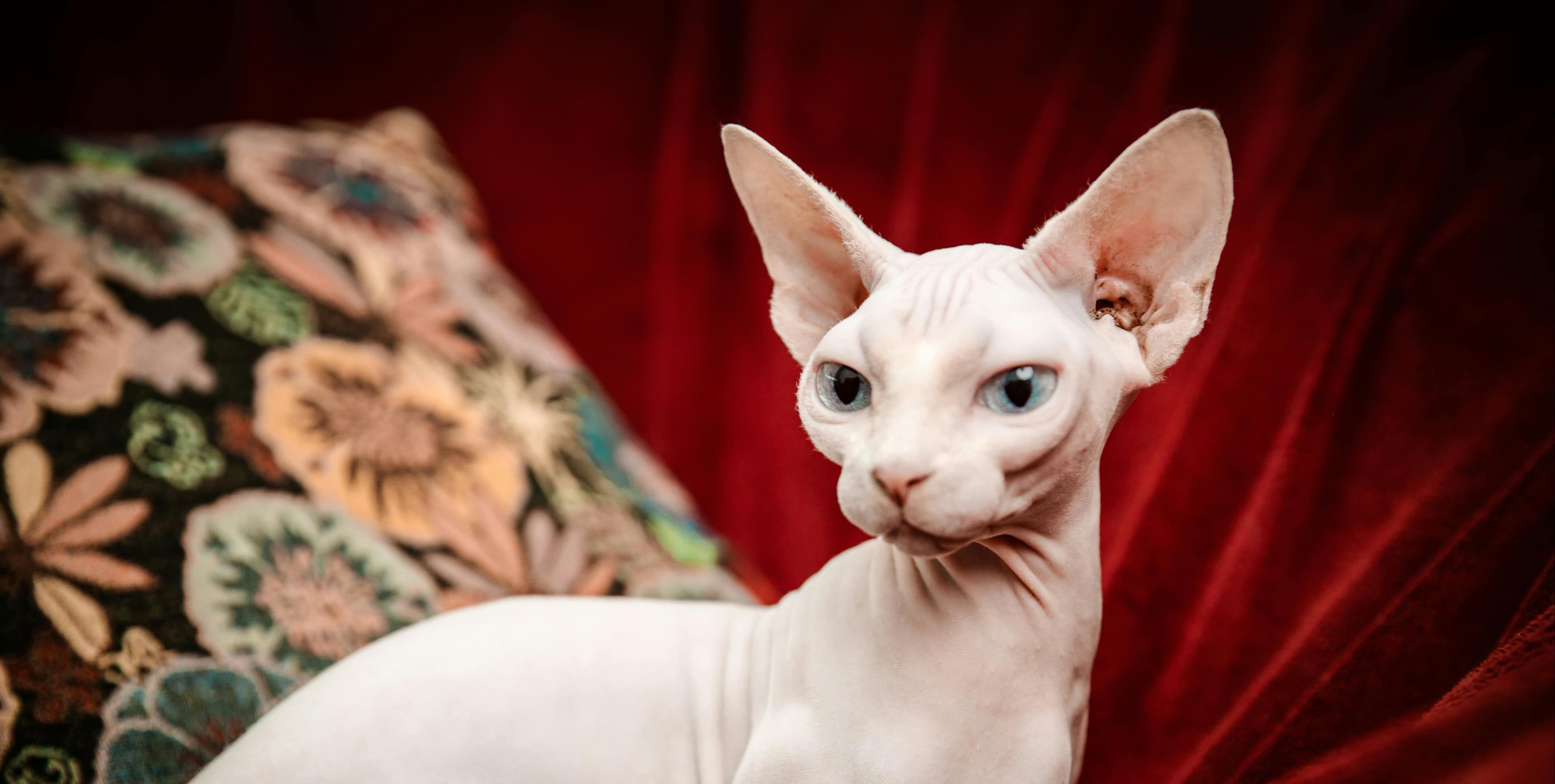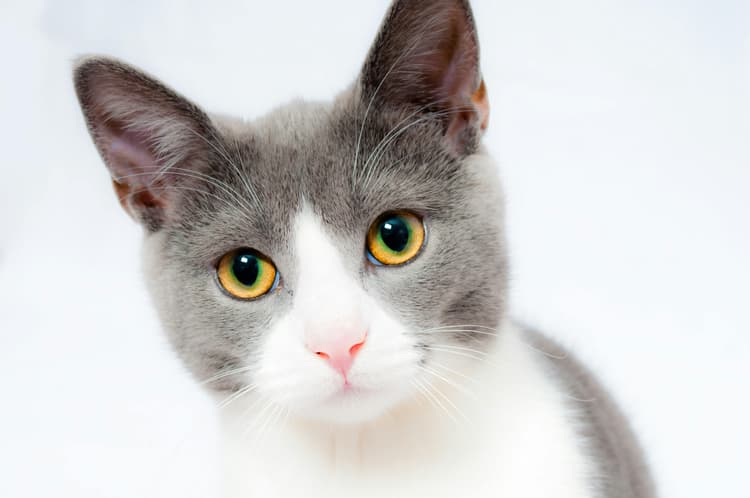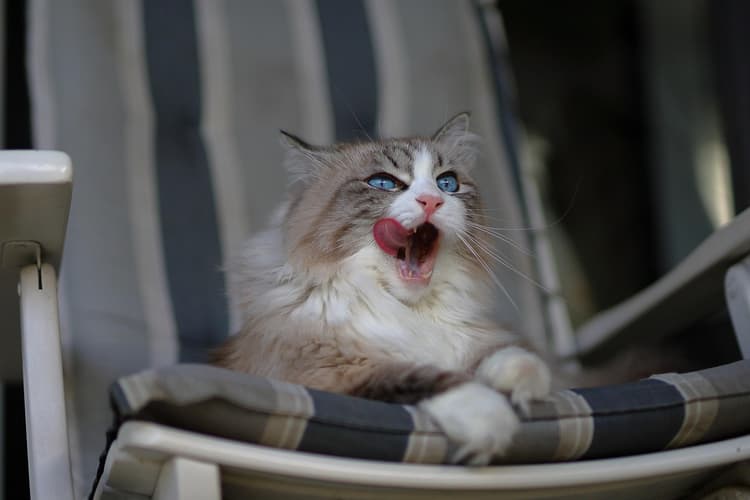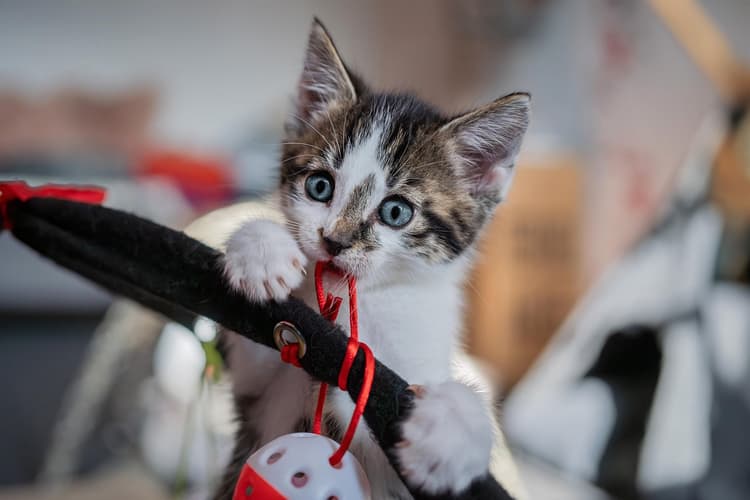If you have brought a Sphynx cat to your home, you are in for a surprise because a hairless cat may look like a cat that has been around from ancient times and seem quiet and aloof. Well, quite the contrary, they have big personalities with high energy and can be too much to deal with — being super social and vocal, for example.
Also, the cat has been around since the 1960s, originated in Toronto — the result of a genetic mutation. Sphynx cats are adorable and can be great feline companions if you plan on getting one of these. However, they require attention and active caring as a hairless cat.
This article provides tips on essential care for your wonderful Sphynx cat to keep them healthy and happy.
Sphynx Cats Are Prone to Health Issues
Purebred cats are typically prone to health issues and so are Sphynx cats, which include dental issues. Sphynx cat's teeth are usually awful and require regular dental cleanings. Their teeth can go so bad that you may even have to extract all of them, which can be expensive.
Your Sphynx cat may also have genetic health problems, such as hypertrophic cardiomyopathy. It is a condition in which the heart unusually thickens. Having them regularly screened for heart issues, such as echocardiograms will help you catch the disease early on, especially if they don’t have hypertrophic cardiomyopathy as a hairless kitten but they may develop it later in old age.
To cater to your Sphynx cat’s needs and provide proper care, you must consult a veterinarian who can efficiently deal with purebred cats and properly diagnose when such problems appear.
Sphynx Cats Are Very Social
Unlike other cats, Sphynx cats are famous for being social and love attention so much that they jump right on your lap as soon as you enter the house.
These cats are also extremely vocal about their needs. They will let you know when they want something, loud and clear. You would even hear them screaming outside the closed door to get in the room to get some cuddles.
So, if you like a pet that’s quiet and independent, you may not want to have a Sphynx cat because they are outgoing and have social demands that you must meet if you get one of these hairless cats.
Diet Affects Their Skin
Taking care of your Sphynx cat’s diet is essential because it affects the amount of oil production in their skin. You must provide them with high-quality food to minimize or control the amount of oil their skin produces.
What happens is when you don’t feed them good quality food, oils build up instantly, which typically results in persistent skin problems and issues with ear wax and infections. Excess oil from a Sphynx cat’s skin can leave grease spots on the areas they sit frequently. The oil can even seep into the couch cushions or bed sheets and it can get a stain on it.
Keeping Sphynx Cats Clean
Besides a high-quality and healthy diet to keep oil in control, Sphynx cat care may include occasional baths to remove all the oil and dirt buildup on their skin. Soap-free gentle cat shampoos made with natural ingredients are great for removing all the stubborn grease from your cat’s skin.
To gently bathe your naked cats, you can even use wet clothes — one with shampoo and the other with only water. This way, you will not have to drench them in water fully. When you finish bathing your cat, immediately dry them off with a soft towel to keep their skin from getting cracked.
Here is an important note — a Sphynx cat doesn’t need to get bathed very frequently because that can cause dryness to their skin.
Another important thing to keep in check when caring for a Sphynx cat is to clean their ears and remove excess wax because they are more likely to get ear infections if not cleaned properly. Also, you must clean their paws at least twice a week and make sure filth doesn’t build up between paws because that can cause infections.
Sphynx Cats Need Sun And Weather Protection
As with any bald cat, Sphynx cats need sun protection because they can easily get sunburned as fur usually helps regulate a cat's core body temperature when the weather is warm. So, keep your hairless cat indoors and not let them wander in the streets when the sun is out.
Moreover, Sphynx cats as hairless feel very cold in winters — fur also provides insulation against the cold. And so you must keep your cat warm. There are plenty of options to do just that, you can get a self-heated cat bed to keep your Sphynx cat warm. Also, make sure you provide plenty of blankets that keep them cozy.
Another great way to keep them warm is to get your cat covered with cat clothes made from gentle fabric so their skin does not get irritated. Remember that the clothes absorb the oils that their skin produces, so you must wash your cat’s clothes quite often to keep them from getting grimy.
Keeping Nails Clipped
Like any other cat, a Sphynx cat’s nails need regular trimming, which helps prevent them from getting trapped on blankets or carpets and painful ingrown claws.
Clipping your Sphynx cat's nails is especially important because they can accidentally scratch open wounds on themselves with their unclipped long claws as there is an absence of fur as a barricade. There is also a risk of these wounds getting infected. So, to get your cat comfortable with nail clippings, you must start early when they are still kittens. However, you can train your older cat to get their nails trimmed or have your veterinarian or certified cat groomer clip their nails.
Sphynx Cats Are Not Hypoallergenic
People often think that Sphynx cats are hypoallergenic because they are hairless, which is not true. The absence of fur does not mean they are hypoallergenic, according to an article by the Hillspet. Allergens are not only found in cat fur but skin and saliva as well. So, if you are considering getting a Sphynx cat, remember that your allergies may get bothered even more with a hairless cat than a long-haired cat.
Conclusion
Sphynx cats are popular in the feline community for being friendly and cuddly, and can be great companions. So, if you are ready to put in the effort required for their care, having them as pets can be a good idea.








